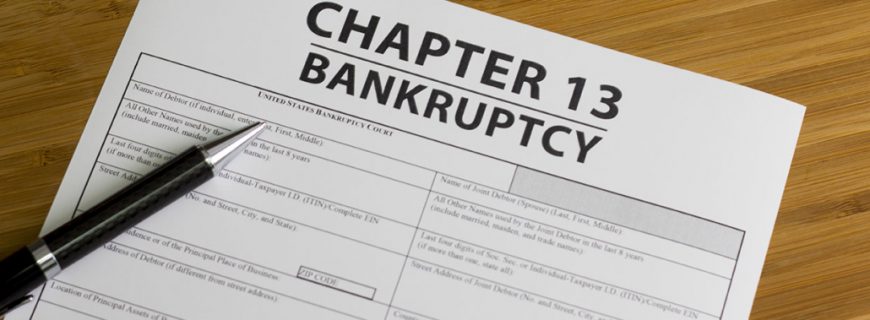
Chapter 13/7 Bankruptcy Houston TX
Chapter 7 Bankruptcy Basics
Are you having a hard time paying your bills? If so, then you should start learning about the Chapter 7 law, which is all about bankruptcy. This legal process can help you to be free from unsecured debts. I will help explain how long the process takes, what happens to your assets, whether you are eligible, and what actions you need to take right away.
How long does it take and how can you qualify for it?
First of all, the Chapter 7 law can take 4-6 months, although you may only need to go to the courthouse once. You also need to prepare the money that you will use for paying the administrative and filing fees. Those who qualify for Chapter 7 usually have a lot of debt to pay, have been receiving collection notices, do not own a lot of property, have an income that is insufficient to pay off their bills, and whose credit is below-stellar.
Your income should not exceed a certain amount of your debt. If yours does, then you need to pass the so-called “means test”. The test is based on your income and can help determine if you are indeed not capable of paying your debt or not. After passing the test, there is also a need for you to complete a course on credit counseling. On the other hand, the court may decide to dismiss your case if they think that your goal is to lie to your creditors or if you have already filed bankruptcy within a certain time frame.
How to file for Chapter 7 Bankruptcy
First, you should analyze the debts that you have and then determine what properties you will keep after filing. The next step would be to ensure that you are eligible. Oftentimes, it depends on the kinds of debts that you have, how much your debt is, and your income. After that, you would be asked to decide whether you want to pay the creditor something else of the same value as the property that you used as collateral if you want to keep it, agree to new terms, or allow the creditor to take it. Then, you would need to fill out the bankruptcy forms and then file them. Soon, you will be asked to attend a meeting. Of course, before your case is closed, you need to file objections if you have any.
The chapter 7 law is not for everyone, as it was created to serve as a protection for those who need it. So, if you think that you are qualified for it, then there is no reason for you not to file for it. Who knows, it might pave the way for you to free yourself from the debts that you have.
Chapter 13 Law – What You Need To Know About It
If you have a regular income and you make too much money to qualify for the Chapter 7 Law, the chances are you will opt to file for Chapter 13 bankruptcy instead. This is because it is designed for people with debts who are still capable of paying off a certain portion of that debt by creating a repayment plan. With this one, you are entitled to keep all of your assets as long as you follow the repayment plan. Of course, the plan would still depend on the type of debt that you have, your income, and your expenses. With that said, it is often called a reorganization bankruptcy.
Chapter 13 Bankruptcy allows you to make installment payments for 3-5 years to your creditors so you can pay off your debt. If the applicable state median is higher than the monthly income of the one with the debt, then the plan would be for 3 years, except when the court requires a longer period for it. On the other hand, if the income is higher than the applicable state median, then one can expect the plan to be for 5 years.
If you are running an independent business or if you are self-employed, you can still qualify for the Chapter 13 Law. You may be required to complete credit counseling as part of the Chapter 13 law. You will also need to file your income tax returns and should have a debt that is not too high.
What are the advantages of filing Chapter 13?
The Chapter 13 law allows you to keep your property, save your home if it is on the verge of foreclosure, and all your household items. You will keep your home’s equity. Some states have homestead exemptions while some states do not, so you will want to research your state laws. You can keep any purchased insurance policies. If you are retired, you will keep your benefits as well. Most of all, you are likely to have smaller payments while paying it off. Thinking about all the advantages, this may be a good option for you.